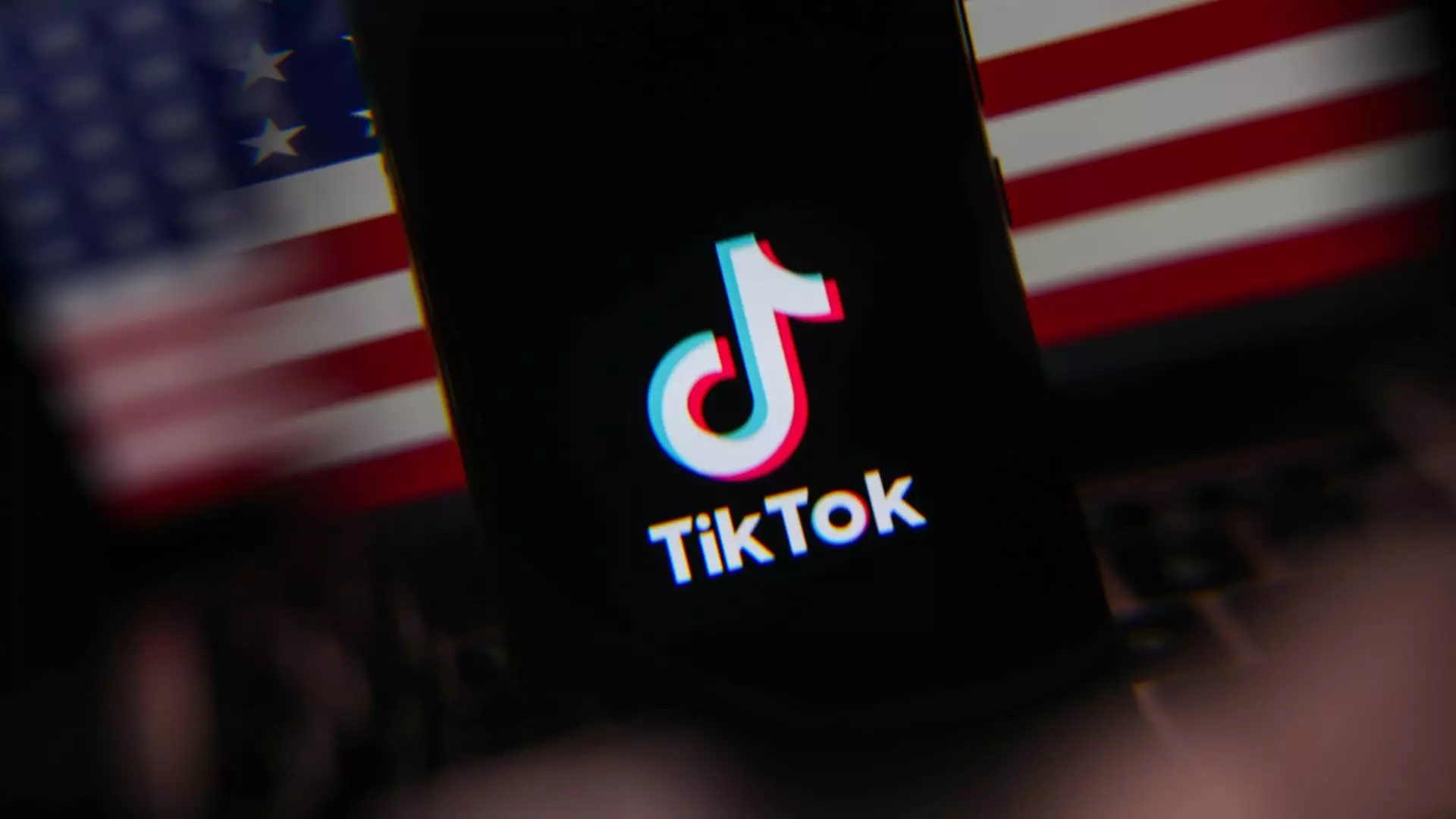The landscape of social media took a tumultuous turn when TikTok, a popular app owned by the Chinese company ByteDance, was removed from Apple and Google app stores on January 18. This removal followed an announcement from TikTok’s leadership regarding a temporary halt in U.S. operations in anticipation of a national security law going into effect the next day. This event underscored growing tensions between the U.S. government and foreign tech ownership, focusing particularly on accusations surrounding data privacy and national security risks.
The looming deadline of January 19, set by the Protecting Americans from Foreign Adversary Controlled Applications Act, mandated that ByteDance must divest its U.S. operations to avoid a possible ban. This scenario left approximately 170 million U.S. TikTok users pondering the future of their favorite app, illuminating the conflict between national security imperatives and First Amendment rights.
The situation escalated when TikTok challenged the legal framework governing its operations. The platform argued that the enforcement of the law infringed upon the free speech rights of its users, claiming that such measures lacked justifiable grounds. However, the U.S. government maintained that ByteDance’s ownership posed an inherent risk due to the potential for sensitive data to fall into the hands of the Chinese government, thus endangering national security.
In a significant ruling, the Supreme Court sided with the Biden administration in January, validating the government’s concerns regarding TikTok’s data collection processes. This legal support underscored the administration’s strategy to mitigate perceived threats posed by foreign entities, signaling a commitment to protecting users’ data at all costs.
Following the Supreme Court’s verdict, TikTok threatened a complete suspension of its U.S. operations unless the administration stepped in. This dramatic move was indicative of the app’s precarious position, caught between regulatory pressures and user demands. The matter was further complicated when former President Trump announced his intervention, postponing the enforcement of the ban and extending the law’s deadline by an additional 75 days. His proposal to establish a joint venture aimed to secure a U.S. stake in TikTok, attempting to assuage both national security concerns and the commercial interests of the platform.
Despite suffering a setback in its availability, TikTok demonstrated remarkable resilience upon its reinstatement in the app stores nearly a month later. Reports indicated that it recovered about 90% of its traffic levels prior to the ban, showcasing its enduring popularity among users. This resurgence not only reflects user loyalty but also highlights the ongoing challenges of regulating social media platforms in an increasingly digital geopolitical landscape.
The TikTok saga serves as a compelling case study of the tension between national security and free speech in the digital age. As the app continues to navigate complexities surrounding regulatory compliance and user engagement, the outcomes of this battle will likely shape future policies regarding foreign-owned tech companies operating within the U.S.


Leave a Reply